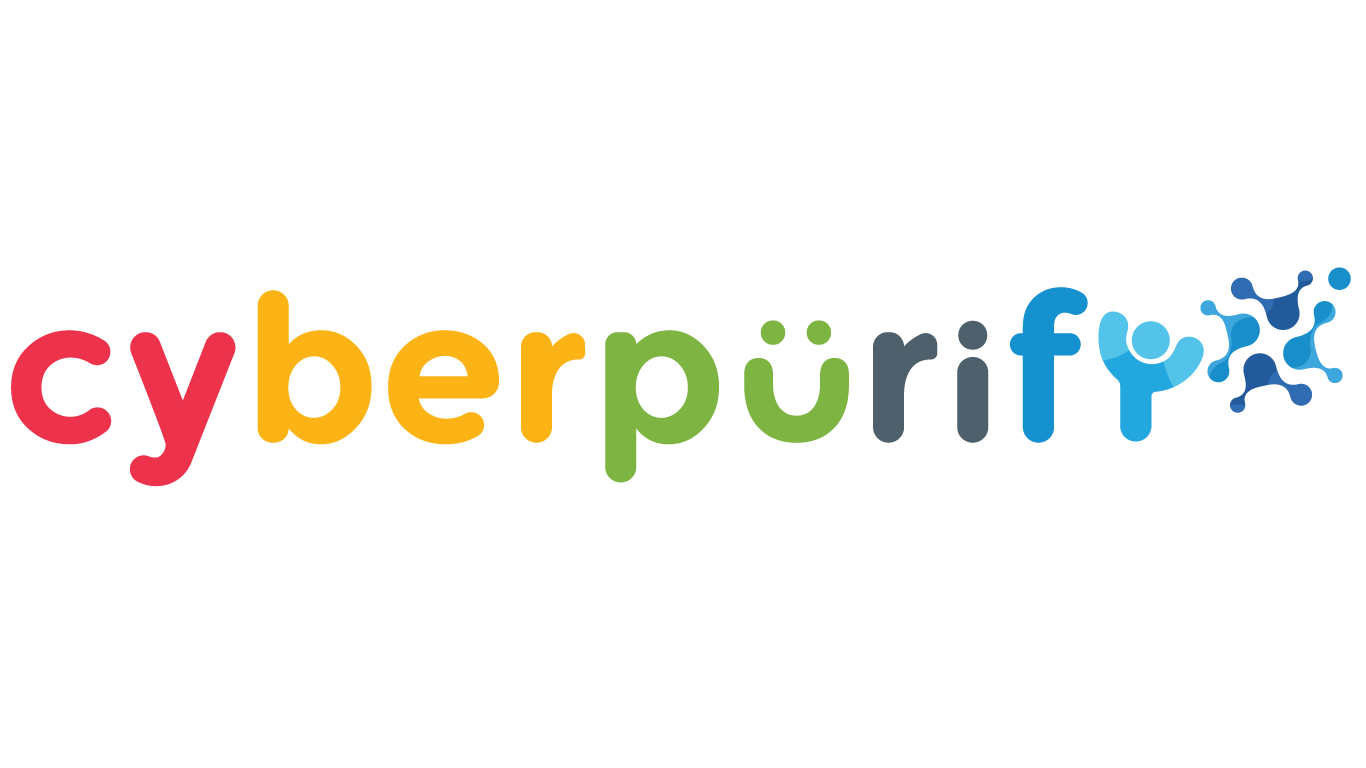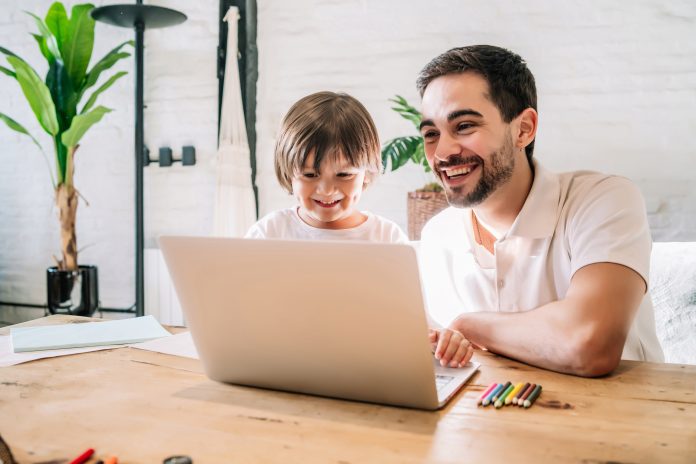When children start participating in online groups and communities, we – parents always want our children to participate and behave positively in a healthy environment. So digital engagement skills — such as respect and empathy for others — can help your child create and maintain online communities where they feel safe and supported.
The article below will help you have a more detailed view of Engagement – MUST-KNOW digital skills for children.
Engagement – MUST-KNOW digital skills for children
Learn how to build healthy relationships
Children can interact with people in both types of communities (online and in real life) in similar ways, such as making jokes, supporting friends’ interests, sharing content, making plans, debating, etc.
However, communication in online communities presents certain unique challenges. For example, it can make previously private interactions more “public”.
For example, instead of sending each other Valentine’s cards privately, your kids could post them publicly on each other’s social media accounts. Borderless online communities also provide children with constant access to one another, which can make it more difficult to respect boundaries.


Whether between friends, acquaintances, or significant others to your child, healthy relationships are strongly based on empathy and respect. To build empathy and respect, your child needs to understand other people’s feelings before they share, post, or comment on social media.
Shamming or hurting others is a very common occurrence on social media, known as cyberbullying. Tell your child to regularly read and re-read the messages, comments, descriptions, status they are about to send or post, because what they are going to make public can affect badly their friends, even make them commit suicide.
Some examples of respecting others online:
- Do not make malicious comments, or comment having content that could hurt others
- Do not post pictures of others without their permission
- Do not post conversations, emails, or other content that is privately shared with your child.
And let your child understand that people who treat them without empathy or respect are unhealthy relationships.
Some suggested questions to start a conversation with your child about healthy relationships:
- How would you define a healthy relationship between friends? Does your definition change if it’s a romantic relationship?
- Do you have a friend who texts too much? You can improve this by telling them you don’t want to receive text messages while you’re having lunch or dinner.
- How do your friends react when you ask them not to share your photos online? What will you do if they don’t accept your request?
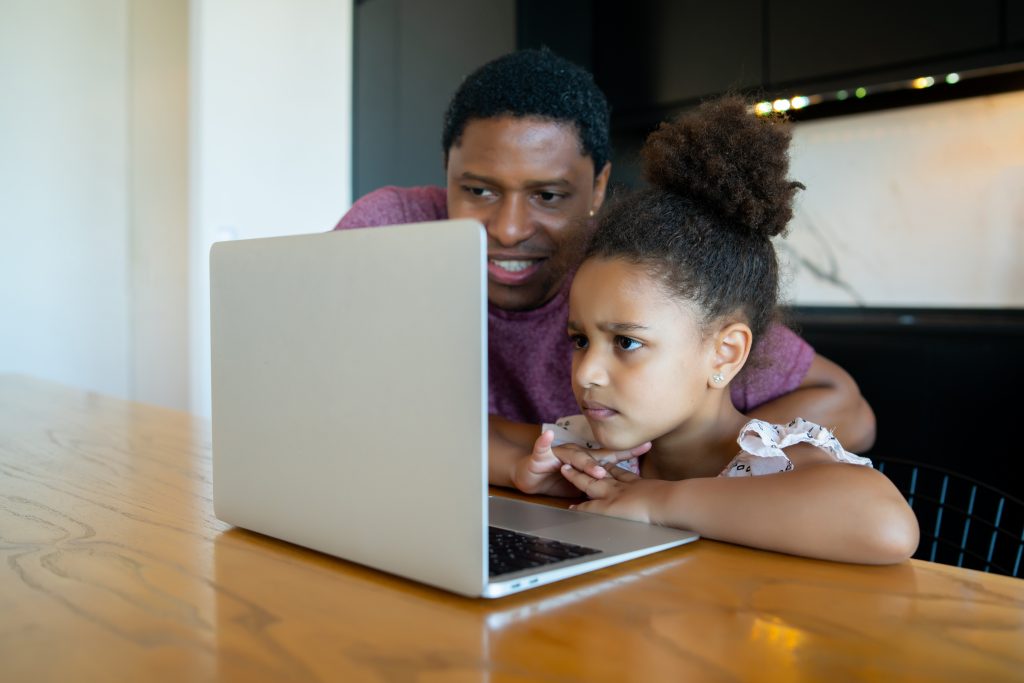

Don’t forget to verify the information others post
Why is social media literacy important? Nowadays many people use their social networks as a way to access information. However, not all of the information shared is accurate.
It can be quite difficult for anyone, including young people like your children, to know what information they should trust. That’s why an important part of engaging and building a healthy online community is verifying content before sharing. When they know they can find accurate information in online communities, it helps them build trust.
Try and you might love this:
Some suggested questions to start a conversation with your child about verifying information:
- According to you, what is the difference between a personal point of view (opinion) and a fact?
- Have you ever believed something you read online, only to find out later that it was incorrect? What did you do then?
- Do you have a friend who shares too much inaccurate information online? How do you feel about that?
You can then guide your child on how to verify information posted by others through the following 5 questions:
- Where does this information come from?
- Who posted/shared this information?
- When was this information created?
- Where is this information generated?
- What is this information created for?
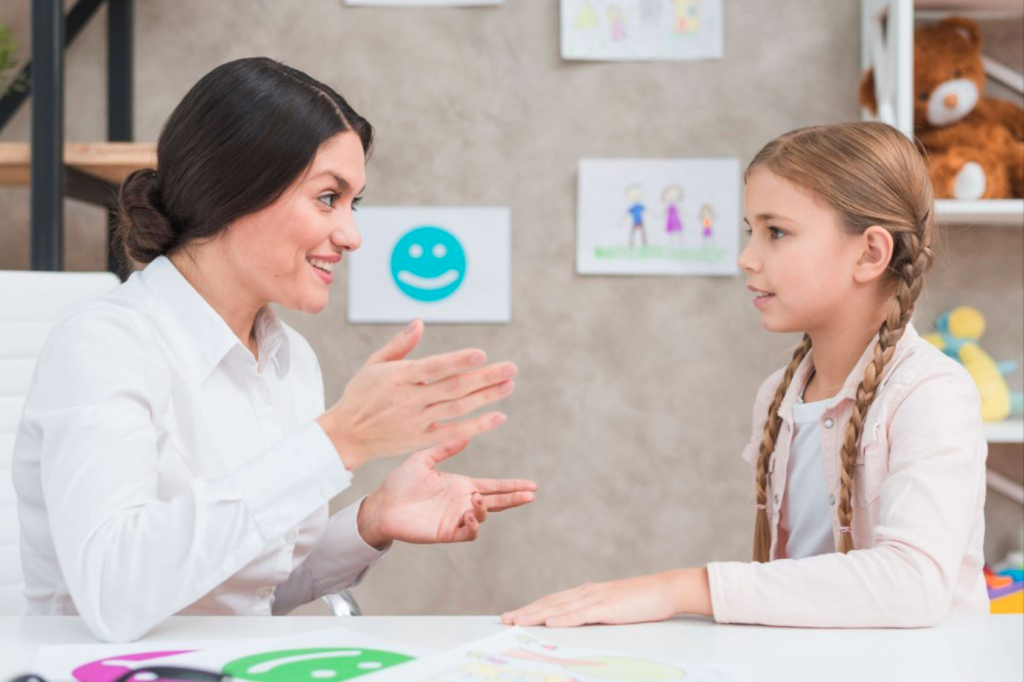

Treat others with empathy
Sometimes things that happen online are tougher and harsher than communicating in person. One of the reasons is that we rely on nonverbal communication to help us interpret our conversations, so when interacting online, the lack of specific social cues makes your child find it difficult in understanding how others feel when we meet face-to-face.
Unless your child is using a video chat app, most websites don’t allow your child to see other person’s reactions to what they are saying. So, certain words or punctuation may mean something completely different than when they are said directly.
Without these specific social cues, your child may forget that someone else is reading and will react emotionally to the content he/she shares online. Encouraging children to develop empathy can help reduce online bullying by helping them think more about the feelings of others. This is the answer to why is social media literacy important!


- How do I want people to feel about the content I’m posting?
- Can anyone be hurt, or have negative feelings, by this content?
Some suggested questions to start a conversation with your child about empathy:
- Has anyone ever misunderstood something you posted? How did you answer?
- Why do you think people often say things online that they wouldn’t say in person?
- Have you ever read a malicious comment about one of your friends online? How do you feel about this? What did you do then?
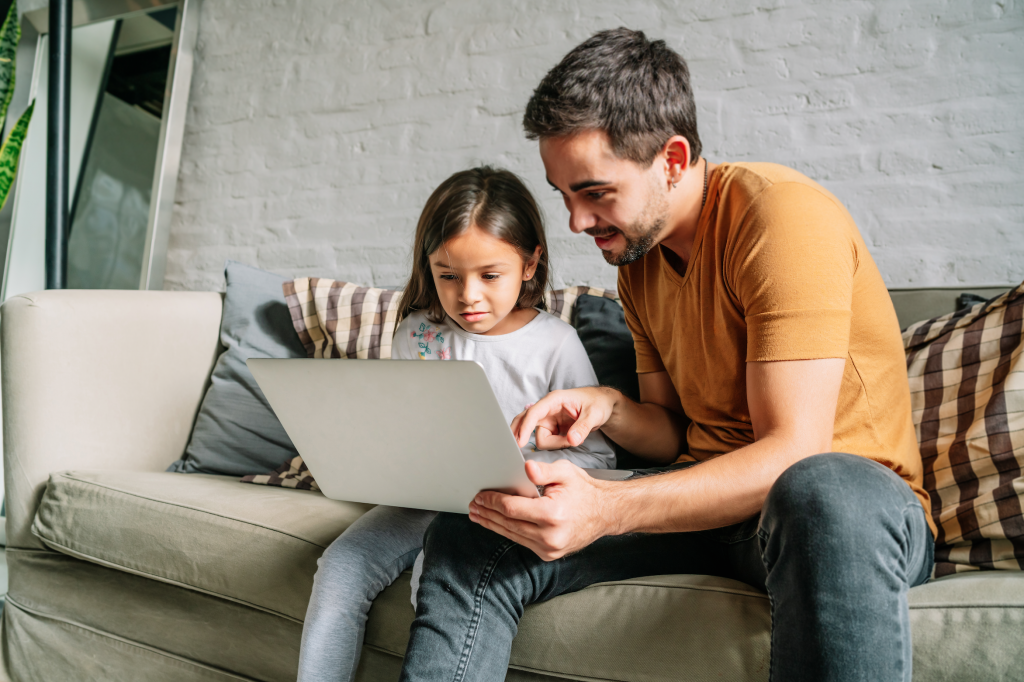

Teach your child to be an active digital citizen
This is one of the most important digital skills for children! Young people will not be able to create and maintain a healthy online community unless they take positive actions and discourage negative actions. If your child sees someone being teased or harassed online, help them find ways they feel comfortable offering support.
Your child can share a message of support privately with the victim or publicly to urge people to behave more empathically online.
Your child should also pay attention to any information shared in online communities that may be discredited or inaccurate. You can take the steps to verify the information above and then share the results with the community while still respecting the person who originally posted the information.


Some suggested questions to start a conversation with your child about being an active digital citizen:
- What do you do when you see someone being teased, or regarded as a joke online?
- What can you do to encourage people to be kind on your social media?
- How would your child react if someone accidentally shared incorrect information online What if they don’t take it down, even if I showed them it wasn’t correct?
Actively use technology to better protect children on the Internet
Besides teaching your child to become a responsible citizen on the Internet, you must consider the Internet dangers that do harm to your child like harmful content, sexual attackers, phasing, etc.
You should take advantage of available tools to set up parental controls on your child’s device to filter out harmful content, limit the use of the device, or some other features for children such as no in-app purchases. You may need some useful online safety tips for parents:
- How to set up parental controls on Macbook
- How to block porn sites on Google Chrome
- How to block porn sites on Safari
- Set up parental controls for Microsoft Edge
- Set up parental controls for Youtube
However, with the spread of harmful content (especially porn) calculated by the second, by the minute, the above-mentioned online safety tips for parents are absolutely not enough.


Teach social media skills to children is important, but to better ensure your child’s online environment is safe and healthier, you should consider using CyberPurify Kids, an additional online content filtering tool – considered by many parents as one of the best free parental control software to hide 15 types of harmful content on the Internet, including:
- Pornography
- Horrifying content like gore, accidents, ghosts, violence, murder, terrorism, etc
- Content about stimulants, addictive substances such as alcohol, beer, marijuana, drugs, etc
- Content with aggressive elements, hurting others like Hate speech
This free porn blocker extension can help to minimize your child’s access to harmful content, ensuring a healthy online environment for your child but at the same time, not invading their privacy rights.
You may also find this helpful:
